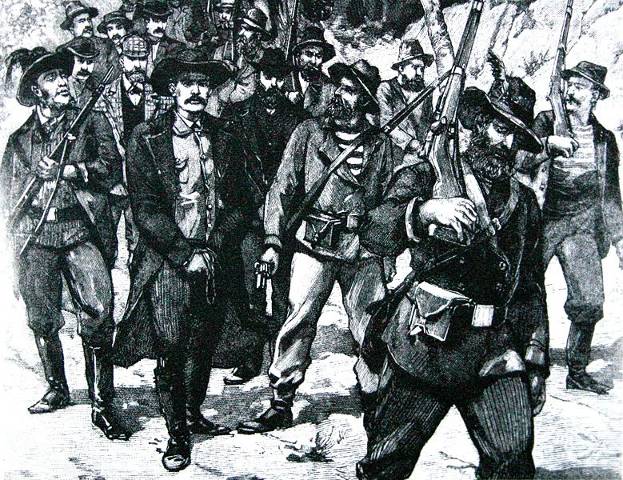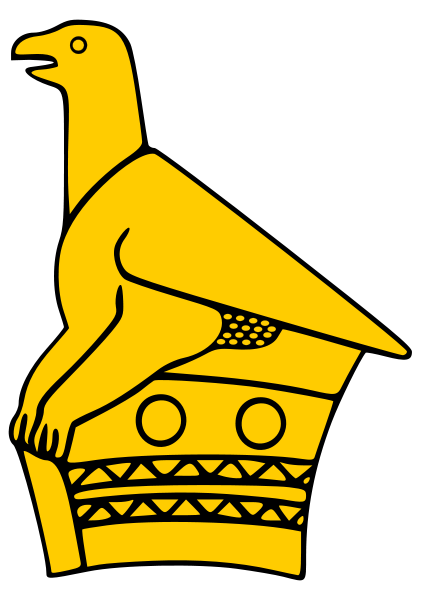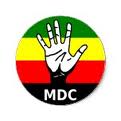The Kia
Pioneer Days
Could he do so?
A review of Jameson’s character (see box) suggests not. Jameson, an impatient and impulsive man with the fateful temperament of a gambler, became frustrated by the delays, and, believing that he could spur the reluctant Johannesburg reformers to act, decided to go ahead. He sent a telegram on December 29, 1895 to Rhodes warning him of his intentions - "Unless I hear definitely to the contrary, shall leave to-morrow evening" - and on the very next day sent a further message, "Shall leave to-night for the Transvaal". However the transmission of the first telegram was delayed, so that both arrived at the same time on the morning of the 29 December, and by then Jameson's men had cut the telegraph wires and there was no way of recalling him.
Jameson's Character by Seymour Fort
It was not his wont to talk at length, nor was he, unless exceptionally interested, a good listener. He was so logical and so quick to grasp a situation, that he would often cut short exposition by some forcible remark or personal raillery that would all too often quite disconcert the speaker.
Despite his adventurous career, mere reminiscences obviously bored him, he was always for movement, for some betterment of present or future conditions, and in discussion he was a master of the art of persuasion, unconsciously creating in those around him a latent desire to follow, if he would lead... In this latter respect, Jameson was splendidly equipped; he had greater power of concentration, of logical reasoning, and of rapid diagnosis, while on his lighter side he was brilliant in repartee and in the exercise of a badinage that was both cynical and personal.
He wrapped himself in cynicism as with a cloak, not only to protect himself against his own quick human sympathy, but to conceal the austere standard of duty and honour that he always set to himself. He was ever trying to hide from his friends his real attitude towards life, and the high estimate he placed upon accepted ethical values... He was essentially a patriot who sought for himself neither wealth, nor power, nor fame, nor leisure, nor even an easy anchorage for reflection. The wide sphere of his work and achievements, and the accepted dominion of his personality and his influence were both based upon his adherence to the principle of always subordinating personal considerations to the work in hand, upon the loyalty of his service to big ideals. His whole life seems to illustrate the truth of the saying that in self-regard and self-centredness there is no profit, and that only in sacrificing himself for impersonal aims can a man save his soul and benefit his fellow men.
Did the invaders enjoy any successes?
At 18.30 on Sunday, 29 December, the invasion began. The raiders were to move into the Transvaal in two columns: the MMP, 372 in all, to proceed from Pitsani, and 122 BBP to simultaneously set out from Mafeking. The two wings would join up at Malmani, about 40 km inside the Transvaal border, and from there make for Johannesburg. The two columns rode through the night and reached Malmani more or less simultaneously at 05.00 the next day. One of the first things the commanding officer Sir John Willoughby had ordered was for the telegraph lines to be cut. The wrong ones were cut, and to the end the Afrikaners were always well aware of what was happening. (Some sources claim that a fence was cut by mistake instead of the telegraph lines).
How did the Afrikaners react?
The Afrikaners began mustering a 'commando', the traditional name given to a body of mounted irregulars called up on an ad hoc basis from amongst the Afrikaner citizenry when crises arose. (The Transvaal did not have a standing regular army). The column rode throughout the day of December 30 without meeting any resistance. Late in the afternoon, a messenger handed Jameson a letter from Piet Joubert, Commandant-General of the Republic, ordering him to turn back immediately. Jameson's response was a polite refusal and all subsequent directives, most of which came from the Uitlander leadership and British authorities, were similarly turned down. He was fast approaching the point of no return and one wonders at what stage he, and Willoughby too for that matter, realised that the enterprise was doomed to fail.
Did the invaders stand a chance?
At midnight on New Year's Eve, the tired troopers heard a sound that would become all too familiar during the next few days - the crackle of Mauser rifle fire. About 40 concealed Afrikaner snipers had opened up on it. A short skirmish ensued, one trooper of the MMP being wounded before the Boers broke off the action and melted away into the night. This was a mere prelude to what was to come. As David Saks notes, “The extreme peril of being more than 100 km inside hostile territory, and facing growing bodies of enemy horsemen, had evidently not yet dawned on Colonel Willoughby. With remarkable arrogance, he sent a message to Commandant Malan in Krugersdorp, informing him that, should his 'friendly' force be opposed, he would be compelled to shell the village. Malan was given until 1600 to evacuate the women and children. How a heavily armed column that had already invaded a sovereign state, damaged its property, fired on its citizenry and was now threatening to bombard one of its settlements could be described as 'friendly' is yet another bizarre aspect of the whole sorry affair!”
Was there a final battle?
By 1630 with no reply forthcoming, Jameson ordered the bombardment of the town. It was ineffective as not even one Afrikaner soldier was wounded. Soon after it ended, an advance guard, comprising a troop of 100 men of the MMP under Lieutenant-Colonel Harry White and two Maxims, rode forward into the attack. Saks continues: “If nothing else, White's men at least made an impressive sight. The watching Boers could not help but admire the way in which they fanned out at the word of command. A narrow cluster of horsemen suddenly opened out to the right and left and swept on in open order, a single long line of mounted riflemen, cheering as they rode. Only when the horsemen entered the vlei itself did the hidden Boers open up, and a devastating crackle of rifle-fire rippled out all along the ridge and from the flanks. The charge was stopped in its tracks almost immediately.” Willoughby called off the attack and retreated south into a bivouac, spending the night hoping to find a way out. The next day, January 2, the raiders continued south constantly harried by the sniper fire from the Afrikaners who were patiently herding Jameson’s men into a trap.
When was the end?

Jameson and his forces after their surrender.
Willoughby learned that the Boers were at last making a stand, taking up a position on the hill of Doornkop which lay directly in the column's path and beyond which were Johannesburg's western districts. The raiders made one bold attempt to clear the Afrikaner positions before they could be reinforced but five times as many men were, needed and they were quickly beaten back. Soon after this, Commandant Piet Cronje arrived with 150 men. With that, the trap finally snapped shut. In Saks’ words, “Caught in a cul-de-sac, unable to advance or retreat, the game was almost up for Jameson's battered raiders. The doctor himself, shattered by the series of misfortunes that had befallen his reckless enterprise, had long since ceased to play a leading role in events. Until then, he had counted on a relieving force coming out from Johannesburg. Now, even that slender hope was dashed as a message arrived from the town informing him that the Reform Committee were not about to send reinforcements nor had they ever considered doing so... At around 09.00 on January 2 the Boers saw a white banner waving over the outhouse of the farmstead. To add insult to injury, it was not even a formal white flag, only an apron borrowed from an old coloured woman who happened to be in the vicinity. The battle of Doornkop was over and, with it, Jameson's reckless bid for glory. The jubilant Boers came galloping down from all directions while their opponents stacked their arms and waited resignedly to be taken prisoner”.
Sourced from the Zanj Financial Network 'Zfn', Harare, Zimbabwe, email briefing dated 10 January 2011



 South Devon Sound Radio
South Devon Sound Radio Museum of hp Calculators
Museum of hp Calculators Apollo Flight Journal
Apollo Flight Journal Apollo Lunar Surface Journal
Apollo Lunar Surface Journal Cloudy Nights Classic Telescopes
Cloudy Nights Classic Telescopes martini in the morning - The Lounge Sound
martini in the morning - The Lounge Sound The Savanna - Saffer Shops in London
The Savanna - Saffer Shops in London Linux Mint
Linux Mint
 Movement for Democratic Change
Movement for Democratic Change